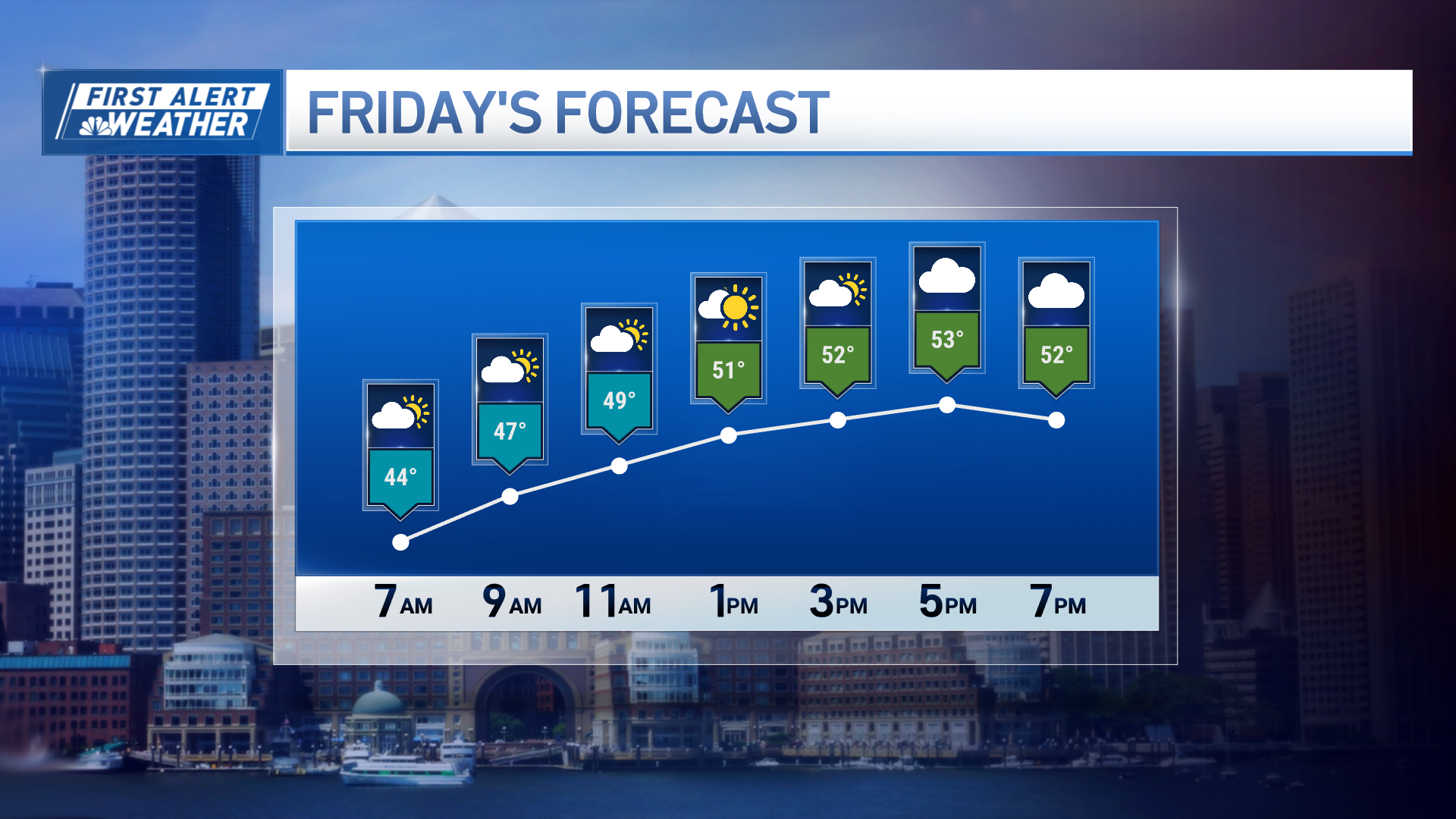What to Know
- In a brief filed in the 1st U.S. District Court of Appeals, attorneys for Dzkhokhar Tsarnaev say his death sentence should be tossed.
- Attorneys say the judge's refusal to move the case out of Boston made it impossible for Tsarnaev to get a fair trial.
- Tsarnaev was sentenced to death for setting off the two bombs at the Boston Marathon finish line in April 2013, killing three spectators.
Boston Marathon bomber Dzhokhar Tsarnaev received a fair trial in the city where the bombs exploded despite heavy publicity and the widespread impact of the attack, federal prosecutors said Thursday in urging an appeals court to uphold his convictions and death sentence.
Prosecutors asked the 1st U.S. Circuit Court of Appeals to deny Tsarnaev's claim that it was impossible for him to find an impartial jury in a city still traumatized by the bombings. The bombings that killed three people and wounded more than 260 others received extensive media coverage, but the court was careful to ensure that his jurors were unbiased, U.S. Justice Department lawyers wrote.
"Exposure to high levels of pretrial publicity does not necessarily render a community unable to convene an impartial jury. Otherwise, no venue would be acceptable, and no trial possible, in the most nationally significant cases," they said in a brief filed with the court.
Tsarnaev, now 25, was convicted in 2015 of all 30 charges against him, including conspiracy and use of a weapon of mass destruction.
His lawyers admitted at the beginning of his trial that he and his older brother set off the two bombs at the marathon finish line in April 2013. But they argued that Tsarnaev is less culpable than his brother, who they said was the mastermind behind the attack.
Tsarnaev is now behind bars at the supermax prison in Florence, Colorado. His brother, Tamerlan Tsarnaev, died in a gunbattle with police a few days after the bombing.
Local
In-depth news coverage of the Greater Boston Area.
Tsarnaev's attorneys are challenging a slew of issues with his trial, but said in a brief filed in December the "first fundamental error" was the judge's refusal to move the case out of Boston.
But prosecutors say Tsarnaev can't show that fewer people would have been exposed to pretrial publicity in another community as the attack received wall-to-wall coverage across the country.
Furthermore, nearly two-thirds of the prospective jurors confirmed they would be able to keep an open mind about the death penalty, the lawyers said. And the jury's decision not to impose the death sentence on several of the counts shows jurors did not act out of bias, but carefully considered the evidence, they said.
Prosecutors noted that a three-judge panel of the appeals court — before the trial began — rejected Tsarnaev's argument that the case must be moved. The judges pointed to other high-profile cases such as the 1993 World Trade Center bombing that took place in the cities where the attacks occurred.
The defense is also challenging the judge's refusal to allow the defense to introduce evidence tying Tamerlan to the killings of three people in the Boston suburb of Waltham in 2011. His lawyers say that evidence would have bolstered their case that Dzhokhar "would never have been on Boylston Street on Marathon Monday" if it wasn't for his "cold-blooded killer" brother.
Tamerlan was never charged in the killings, which local prosecutors have said remain under investigation.
Federal prosecutors said the judge was right to leave out the evidence about the Waltham killings because it was irrelevant.
"Contrary to Tsarnaev's claim, the Waltham evidence did not show that Tamerlan "influenced" or "intimidated" him into committing the crimes in this case or that Tsarnaev played a lesser role in the bombing," they wrote. "Rather, the evidence showed that Tsarnaev was independent, did not follow his brother's strict religious lifestyle, and was a willing and eager participant in the marathon bombing."
Justice Department lawyers also rejected Tsarnaev's argument that prosecutors acted inappropriately when they played an Islamic song as they showed photos of Tsarnaev and victims of the bombing on a PowerPoint presentation.
"The presentation was not designed to appeal to anti-Islamic prejudices, but was tied specifically to the trial evidence regarding Tsarnaev's inspiration for the bombing," prosecutors wrote.



